Recent release Mimi is a remake of Marathi film Mala Aai Vhhaychy, and I thought it would be interesting to watch both before reviewing. Mala Aai Vhhaychy and Mimi are based on a story about surrogacy and what happens when the biological parents don’t want the child, but the approach and therefore the overall impact is quite different. Mala Aai Vhhaychy is the more successful of the two, winning the National Film Award for best Marathi film in 2011. The remake Mimi skips many aspects of the original story, and unsuccessfully adds more comedy, ending up as a pale although overly melodramatic version of the story. Despite problems with both films, if you have a choice, opt for the original. Umila Kanetkar is wonderful and ultimately the story has more to offer.
Mala Aai Vhhaychy means ‘I want to be a mother’ and the film starts with the arrival of Mary (Stacy Bee) a rich American who has travelled to India with her husband to find a surrogate for their child. Mary appears to have organised everything by herself, and although there is a brief glimpse of her husband, mostly she appears alone. The surrogate Mary has found is Yashoda (Umila Kanetkar), a farmer’s wife whose husband has vanished on a pilgrimage and left her to run their small farm by herself. Yashoda’s farm is at the edge of a small village whose inhabitants are bewildered and fascinated by the arrival of Mary in her low cut tight white dress and high heels – understandably so to be honest! Perhaps writer/director Samruoddhi Porey wanted to foreshadow Mary’s shallowness and poor character by using the familiar tactic of revealing clothing, drinking and smoking to portray a ‘bad woman’, but instead Mary comes across as simply unrealistic given the wealth of information available to foreigners arriving in India.
However, despite her odd choice of wardrobe and tendency to flirt with Yashoda’s brother Ganpat (Vivek Raut) Stacy Bee does make a reasonable attempt at a woman desperate for a child and taps into the many emotional shifts well. A scene where she helps Yashoda cook along with her obvious joy when Yashoda is confirmed as pregnant help to make her a more sympathetic character than first appears. Mary does seem to connect with Yashoda too and she also has a basic, if limited understanding of the difficulties Yashoda faces which again helps make her less one dimensional.
When a medical appointment reveals that the child may be born disabled, Mary shows her lack of empathy by giving Yashoda money and telling her to leave the child in an orphanage before she leaves India. Devastated by Mary’s abandonment of her child, Yashoda decides to keep the baby and when he is born perfectly healthy treats him as if he was her own child.
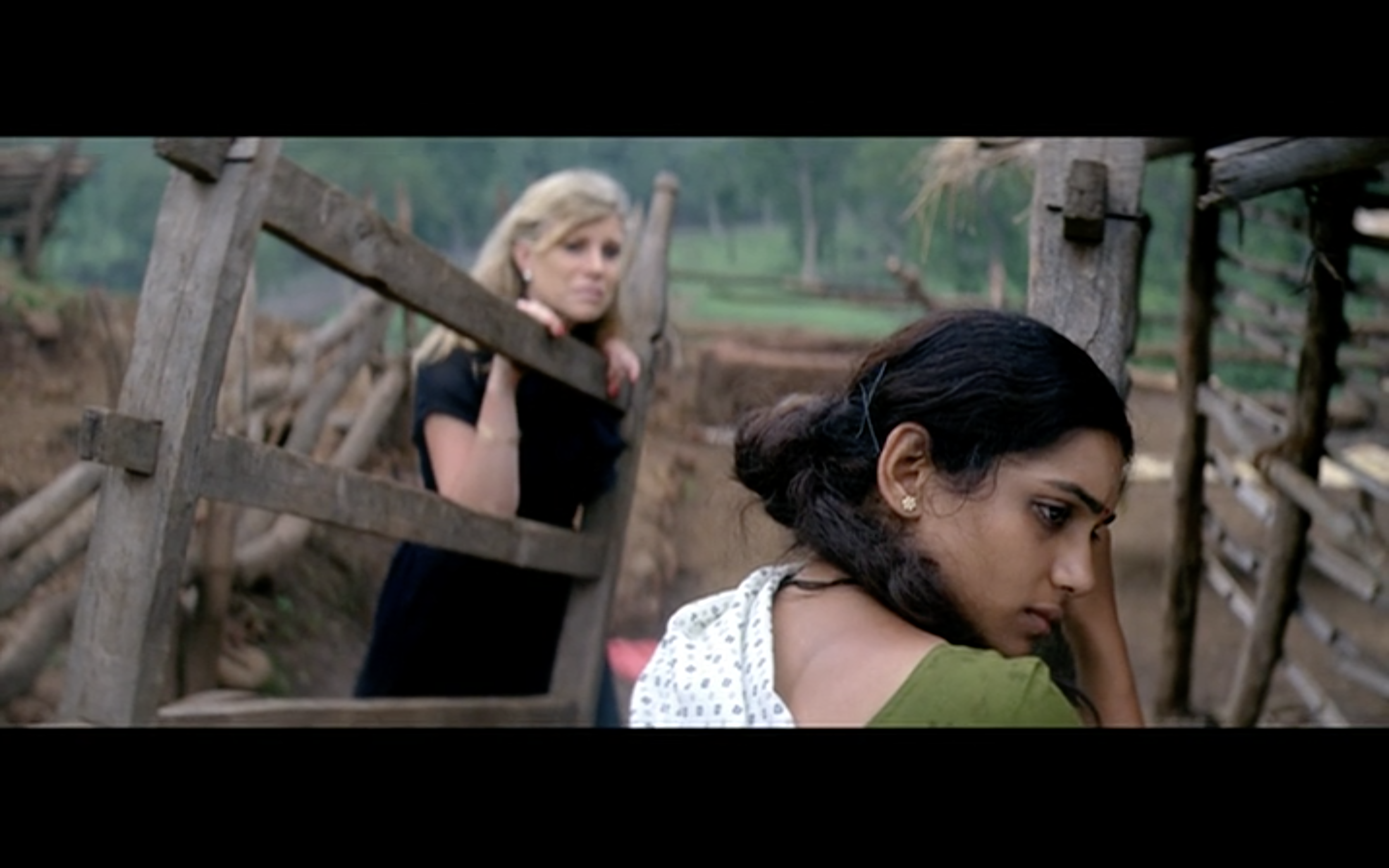
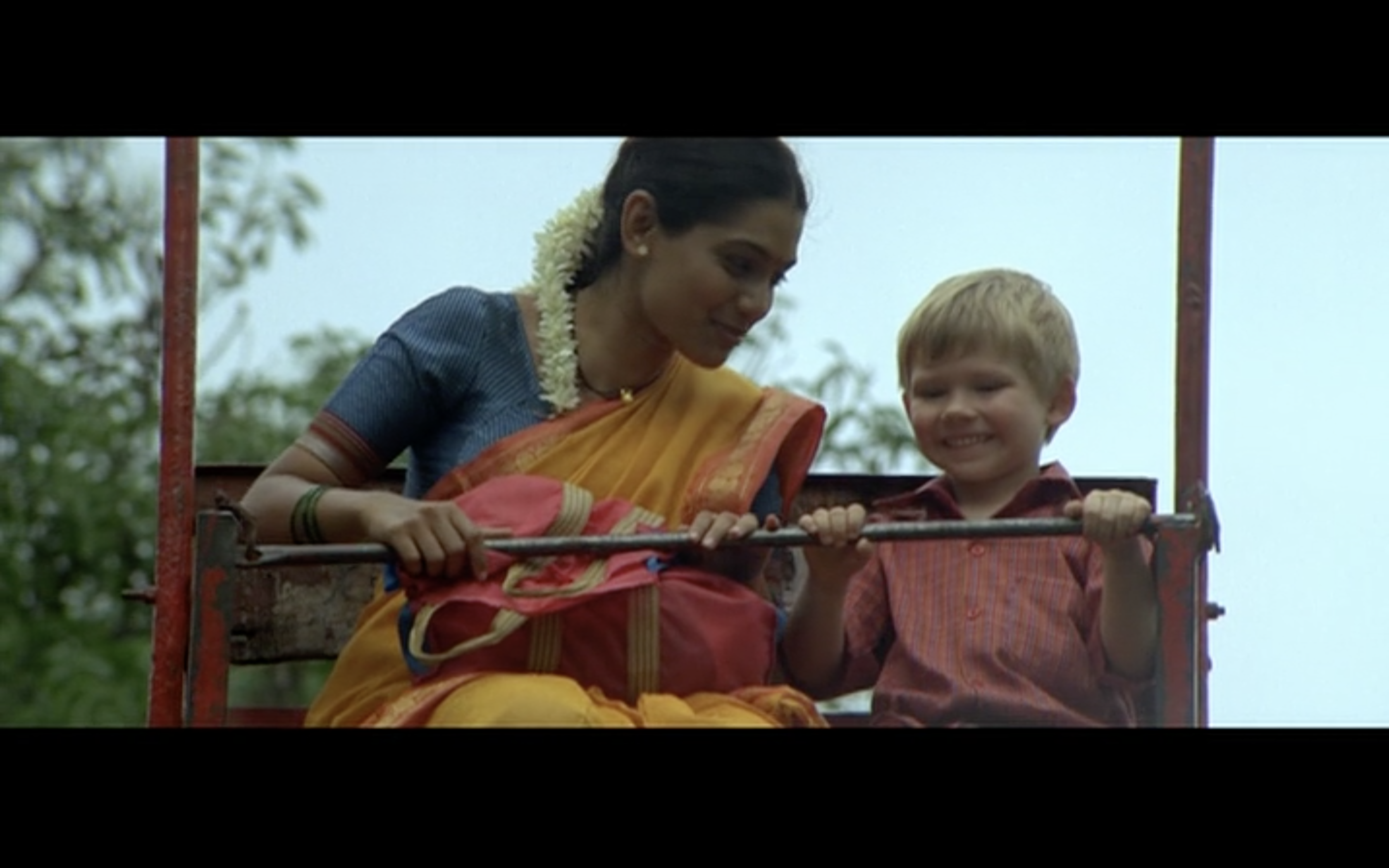
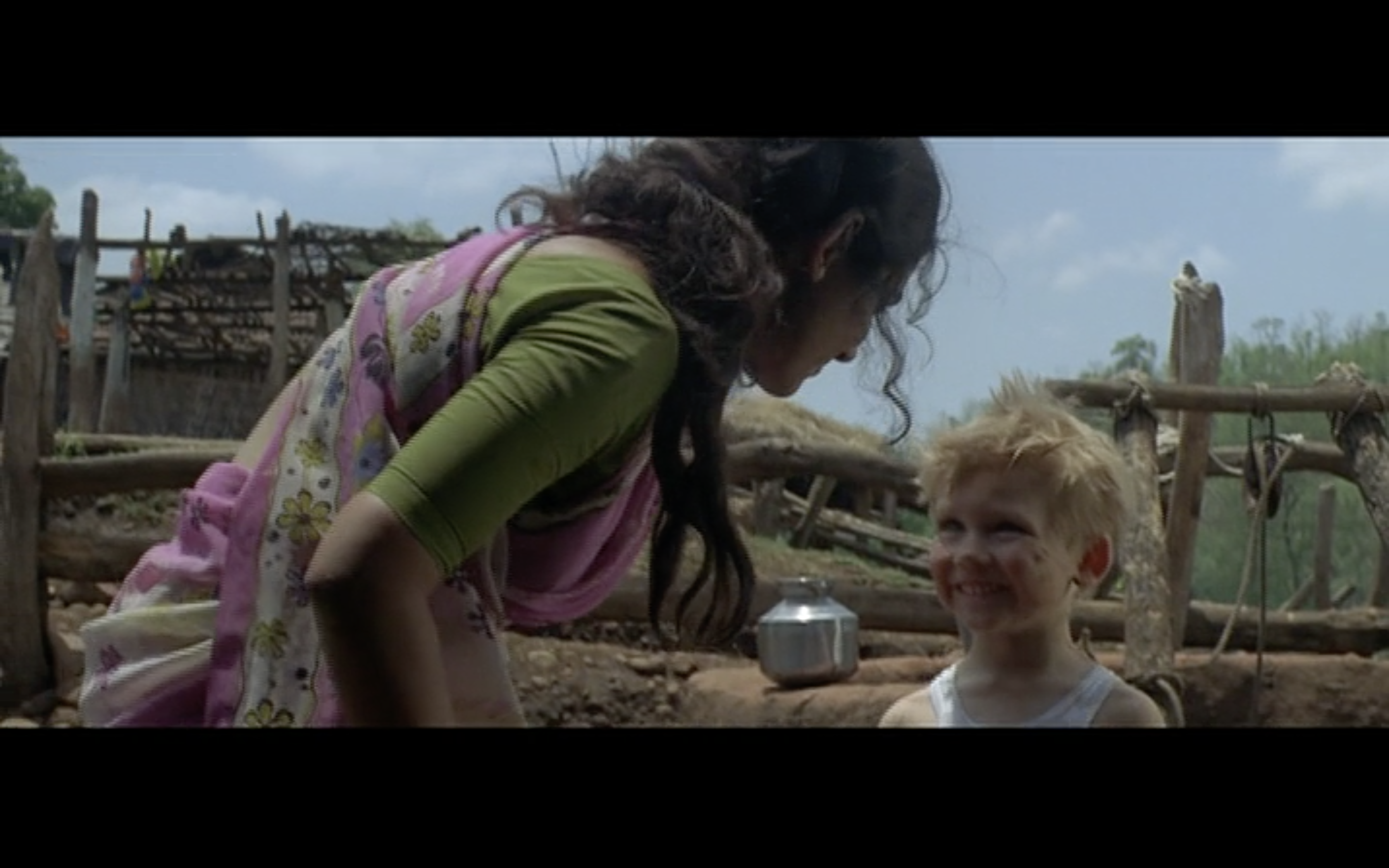
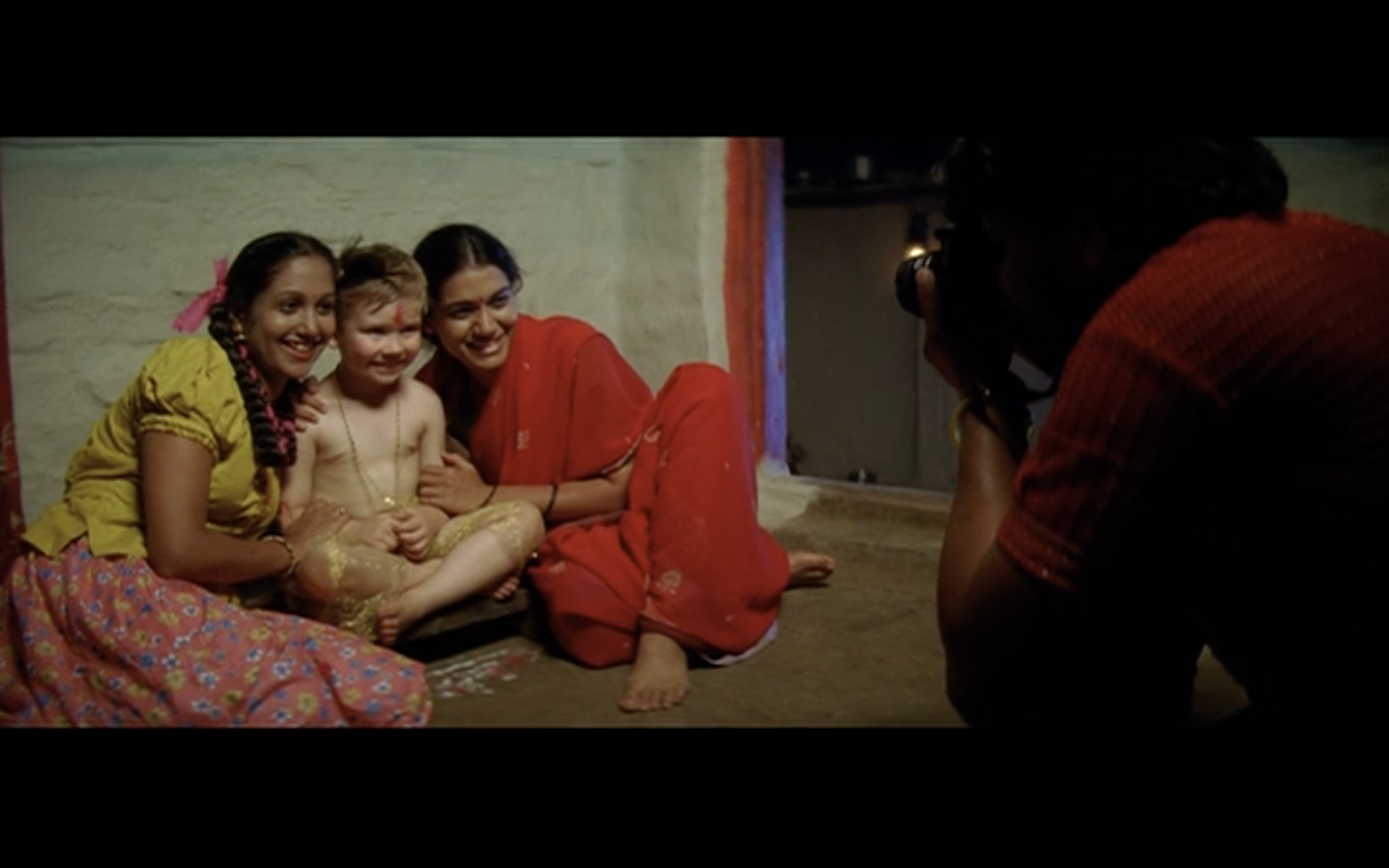
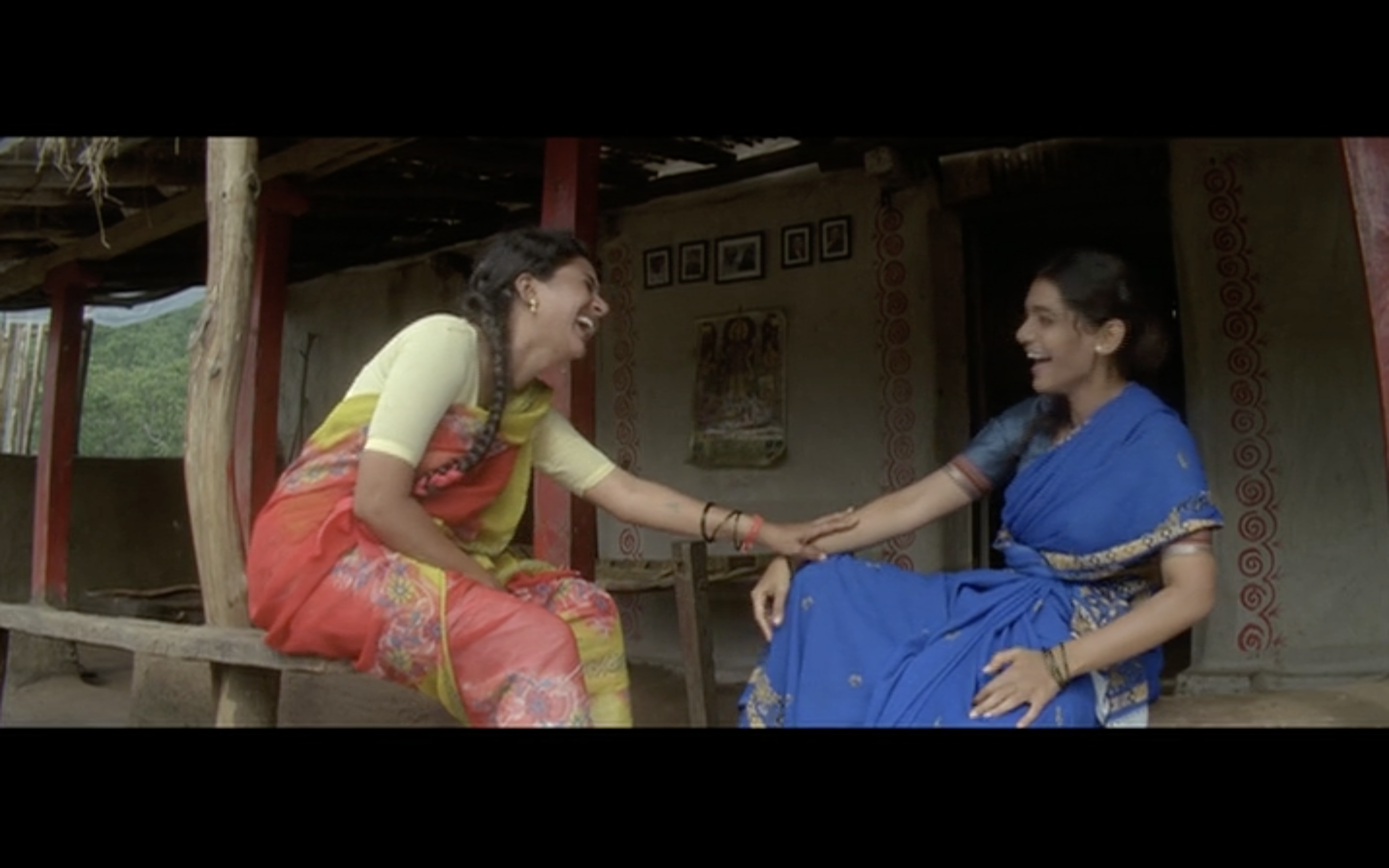
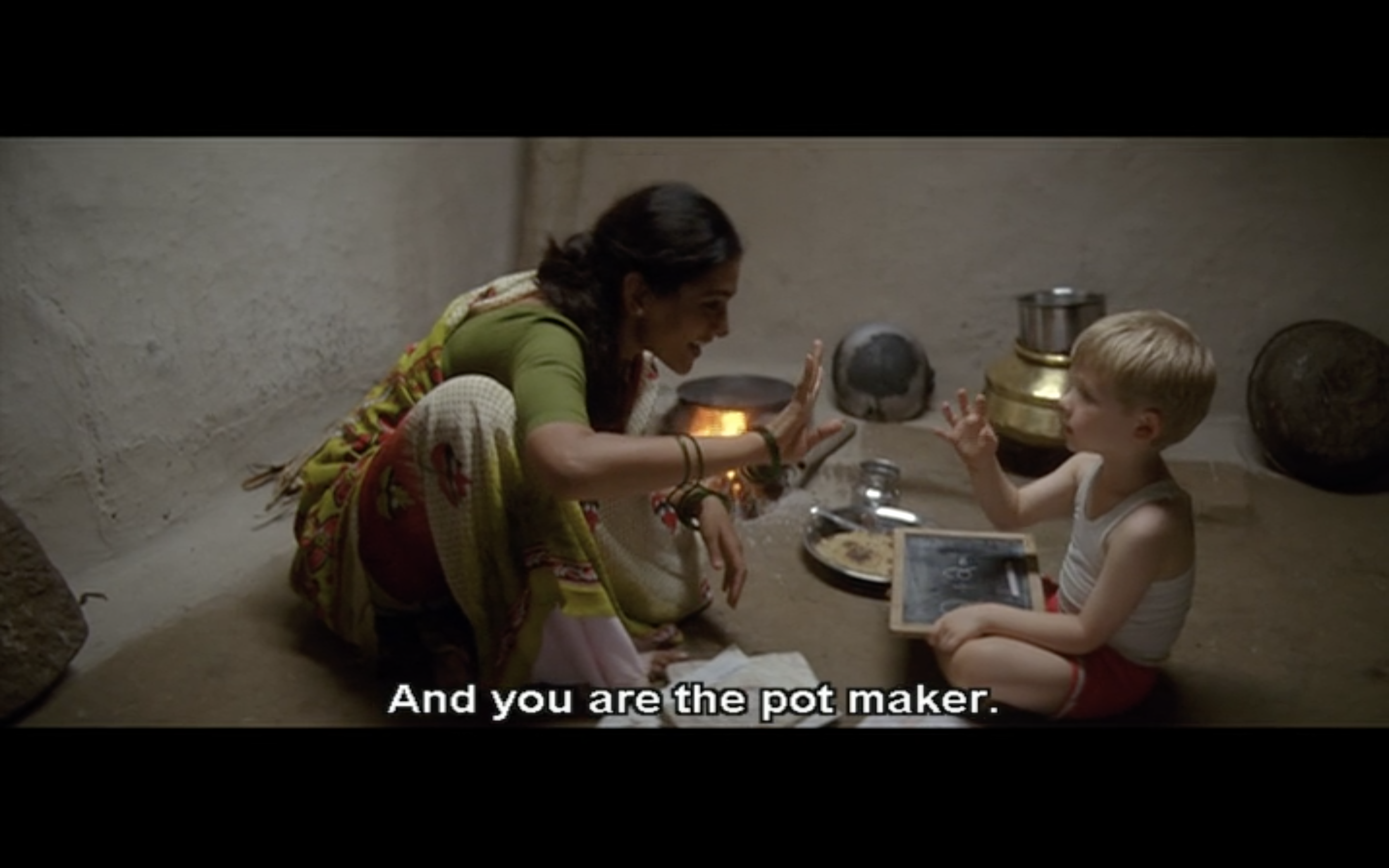
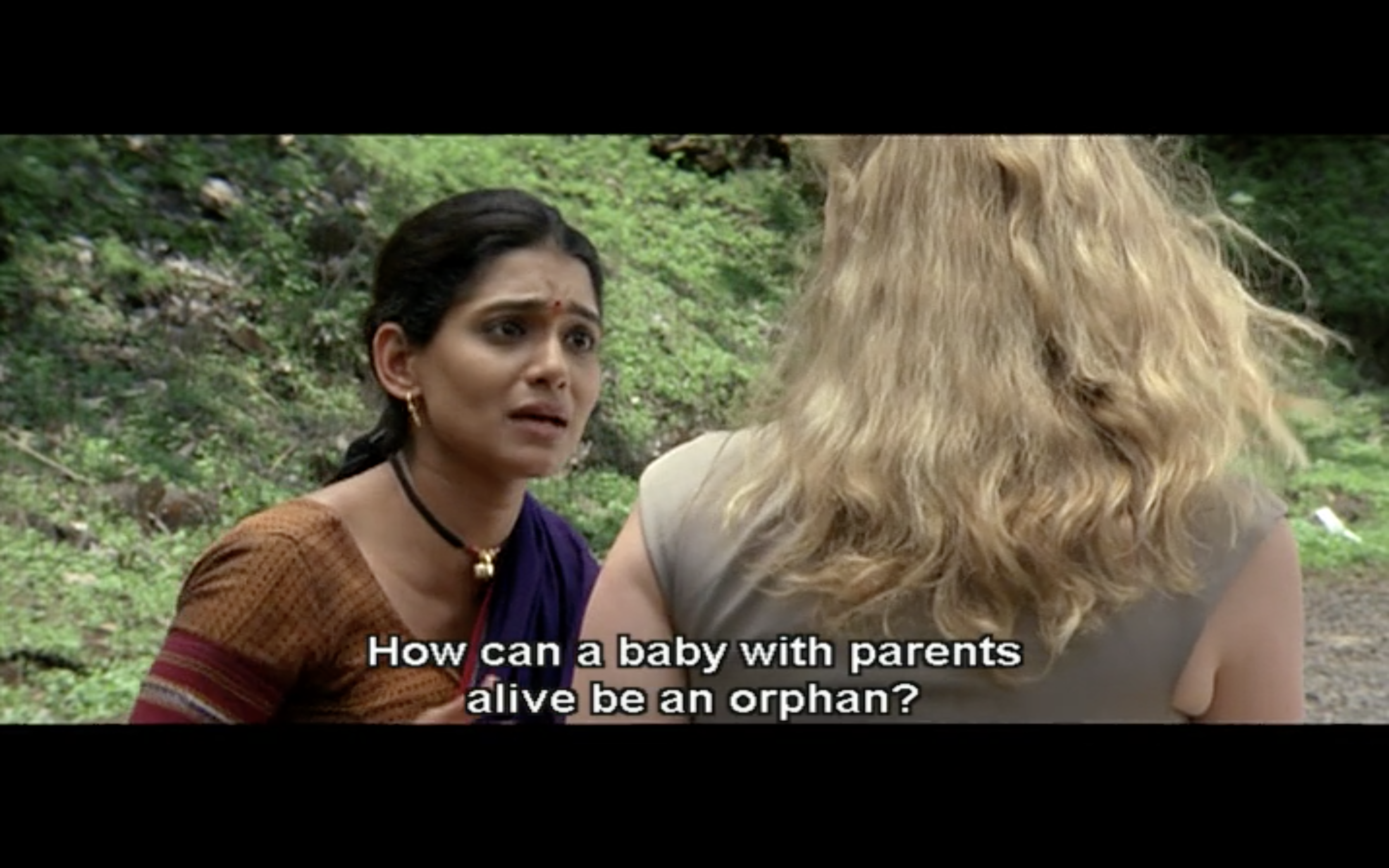
Part of why this film works well is the rationale behind Yashoda’s decision to act as a surrogate and her attitude towards Madav (Aiden Barkeley). Yashoda’s daughter Surekha has a spinal condition and is confined to a wheelchair, so Yashoda uses the money she receives to pay for an operation for her daughter. Along with shining a light on the reality of farming life and the results of poor medical access and superstition in Indian villages, the film also briefly looks at the serious issue of farmer suicide. Yashoda’s best friend Nanda (played by the director) deciding to take her own life when her situation appears hopeless and the film doesn’t shy away from the overarching patriarchy that invades every aspect of Nanda’s life. In contrast, Yashoda is portrayed as someone able to work within the confines of her society to achieve the best outcome she can in the circumstances. Umila Kanetkar is simply brilliant in the role, getting her mixed emotions across as she comes to terms with the blows fate has dealt her while simultaneously looking after her daughter and unexpected son with equal amounts of love and affection. Aiden Barkeley too is excellent, and performs well as a white child trying to understand why he looks so different from his mother.
Even though the treatment of Mary is unrealistic, the rest of the characters all fit well into their landscape and apart from some ill-advised comedy around Ganpat and his fiancée, the screenplay unfolds naturally. It’s not until the end that the film veers into melodrama, but thankfully this is brief and reasonably well supported by the previous characterisations so doesn’t feel too out of proportion to the rest of the film.
Sadly the same cannot be said for Mimi.
Although the remake follows the same basic plot of a young woman acting as a surrogate who is then left to bring up the child herself, the situation is far less believable. This time Summer (Evelyn Edwards) and her husband John (Aiden Whytock) present a more rational picture of an American couple looking for a surrogate, but their choice of mother is rather less successful. Mimi (Kriti Sanon) is an aspiring actress and dancer who decides to have the couple’s child to give her the necessary funds to advance her career. This is such a bizarre choice that isn’t helped by the inclusion of Bhanu (Pankaj Tripathi) as the couple’s driver who ends up staying to help look after Mimi as her pregnancy advances and then later when she is left to raise the child herself. This includes some attempts at comedy such as his being mistaken for Mimi’s husband when she is forced to return to her family for assistance, but none of this works well. Mimi’s attempts to conceal her pregnancy from her family are farcical and further attempted comedy around Mimi staying with her Muslim friend Sharma (Sai Tamhankar) also fall woefully short.
As in the original story, the child is thought to be disabled and Summer tells Mimi to abort the baby before leaving India. This leads to a clunky scene where Mimi gives an anti-abortion speech that feels outdated and completely out of place before she declares she will go ahead and have the baby. She’s in her final trimester so even a mention of the illegality of such a late-stage abortion would have been better than this terrible attempt at anti-abortion drivel, and even Kriti Sanon looks uncomfortable at delivering such woeful dialogue. Once the baby is born, the melodrama here keeps building leading to an unsatisfactory finale that is full of emotion but no substance. People make odd choices, and excellent opportunity to discuss divorce and childlessness is completely missed when Sharma offers to look after the baby, and is completely ignored. In fact, overall Sai Tamhankar is criminally underused for such an excellent actress and the relationship between the two women is glossed over when this would actually have been a useful avenue to explore.
Kriti Sanon puts in a terrific performance that holds the film together but ultimately the screenplay has so many problems that even she can’t save the day. Moving away from the original premise hasn’t served director Laxman Utekar well, as so much of the important social aspects of the film have been completely lost. The film doesn’t even work particularly well as a general entertainer with so many missteps and diversions that the main story seems continually at risk of being completely buried.
Tackling the subject of surrogacy can be a loaded issue with several different factors playing into the topic. The issue of childlessness is often fraught while the decision to act as a surrogate is emotional on many levels. Mala Aai Vhhaychy goes some way towards capturing these undercurrents and highlights many of the social problems associated with poverty and the simple struggle to survive. Mimi misses most of this and focuses on the surrogacy issue alone, which wouldn’t necessarily be such a problem if it had stuck to the story and avoided the pitfall of too many attempts at comedy and unnecessary diversion. I give Mimi 2 stars and Mala Aai Vhhaychy 3.5
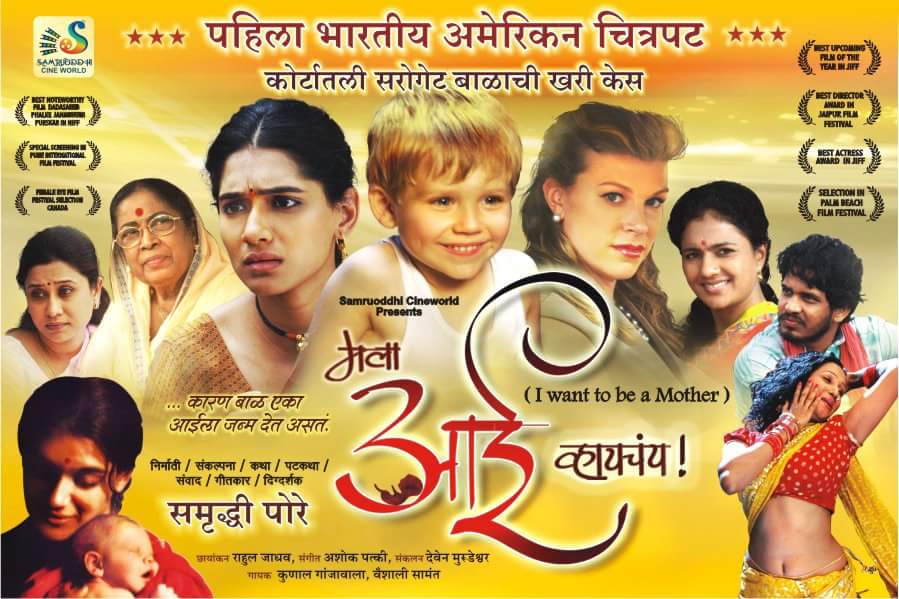



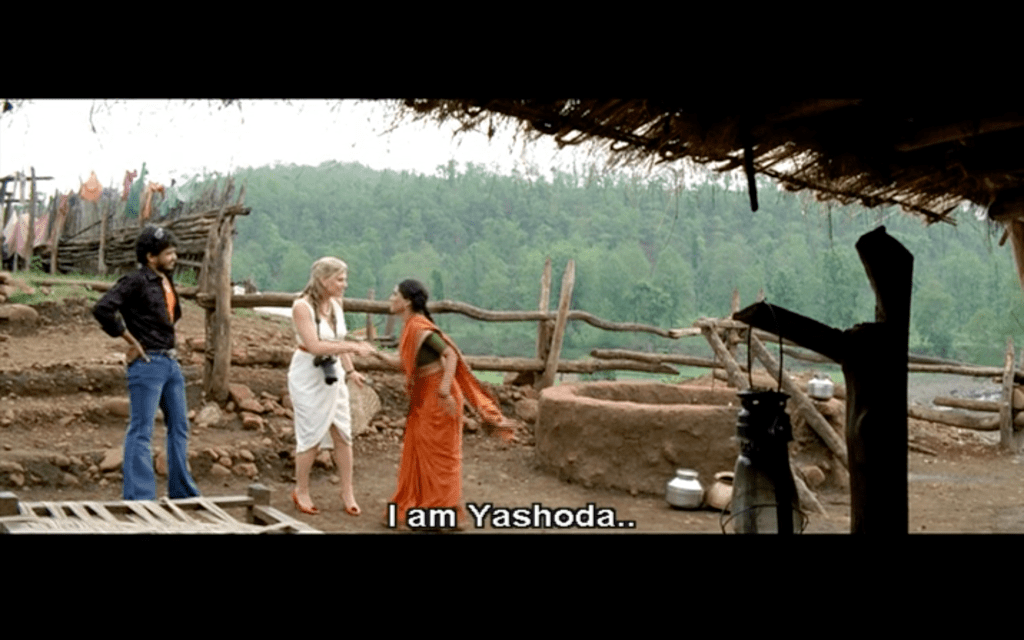
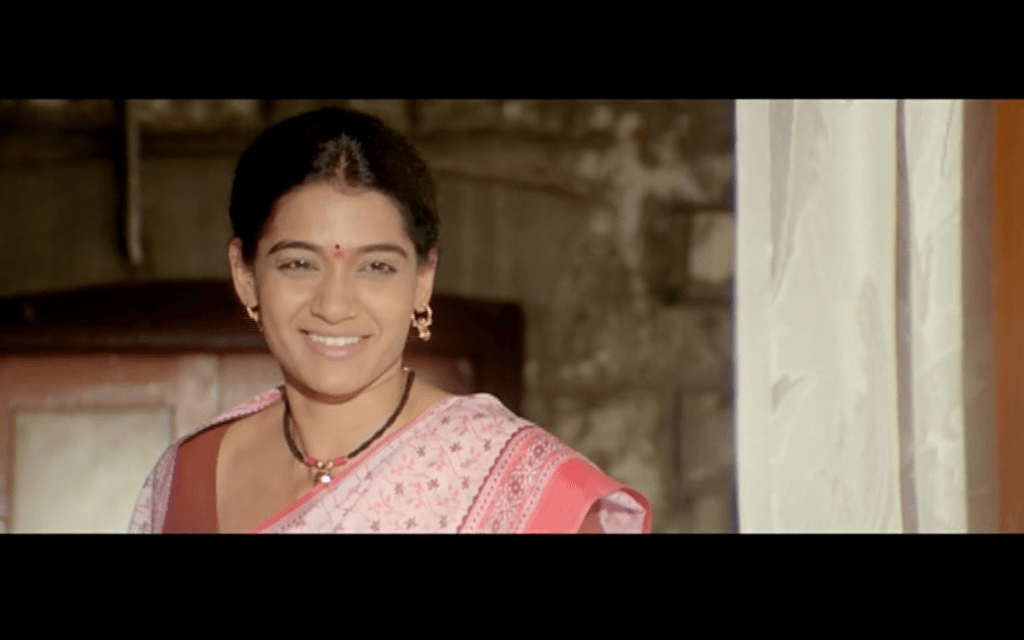
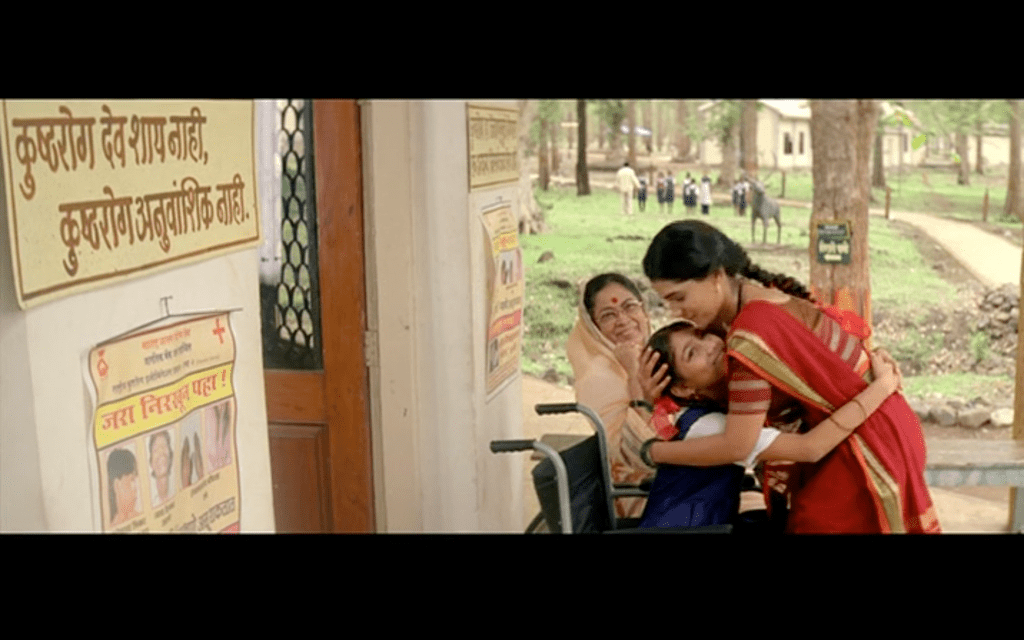
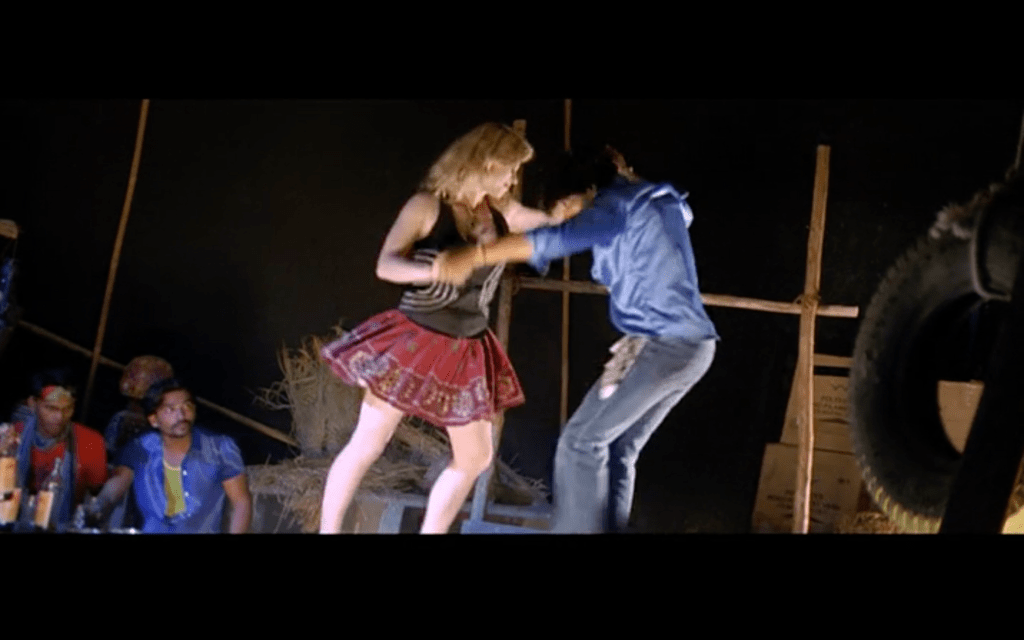
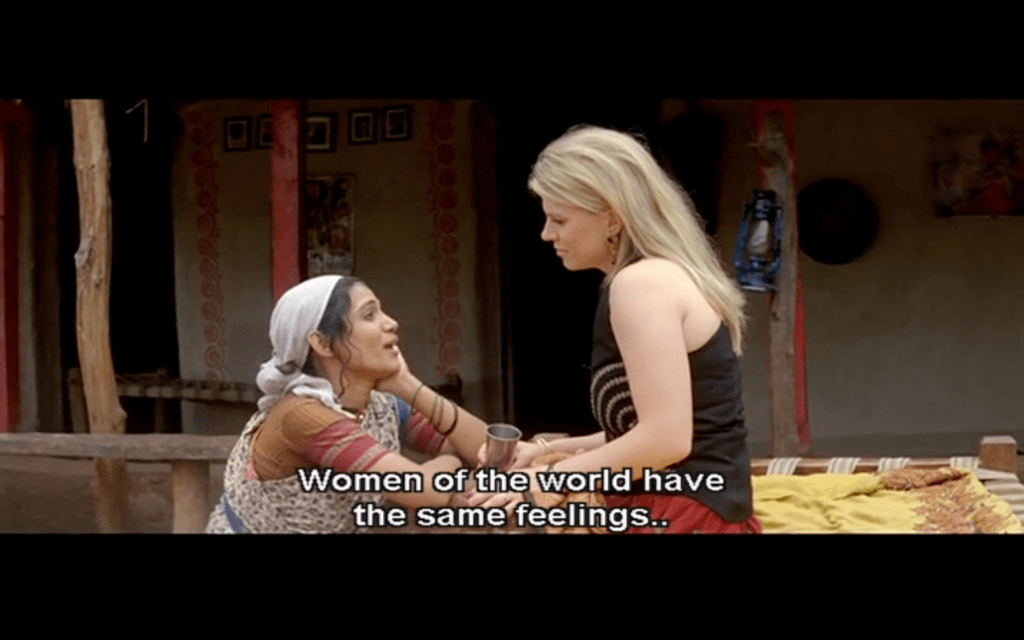
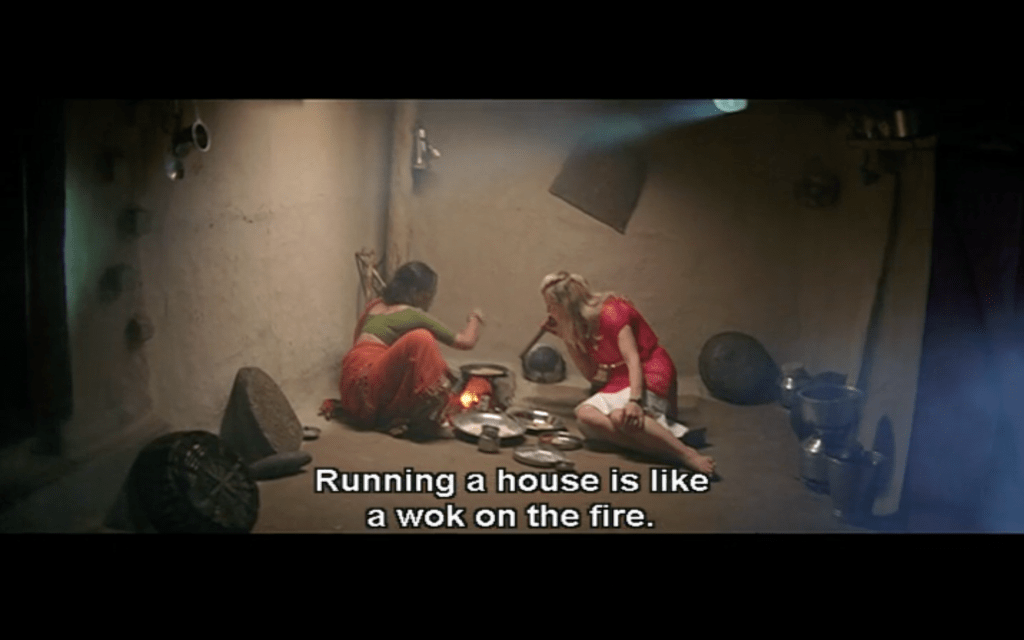
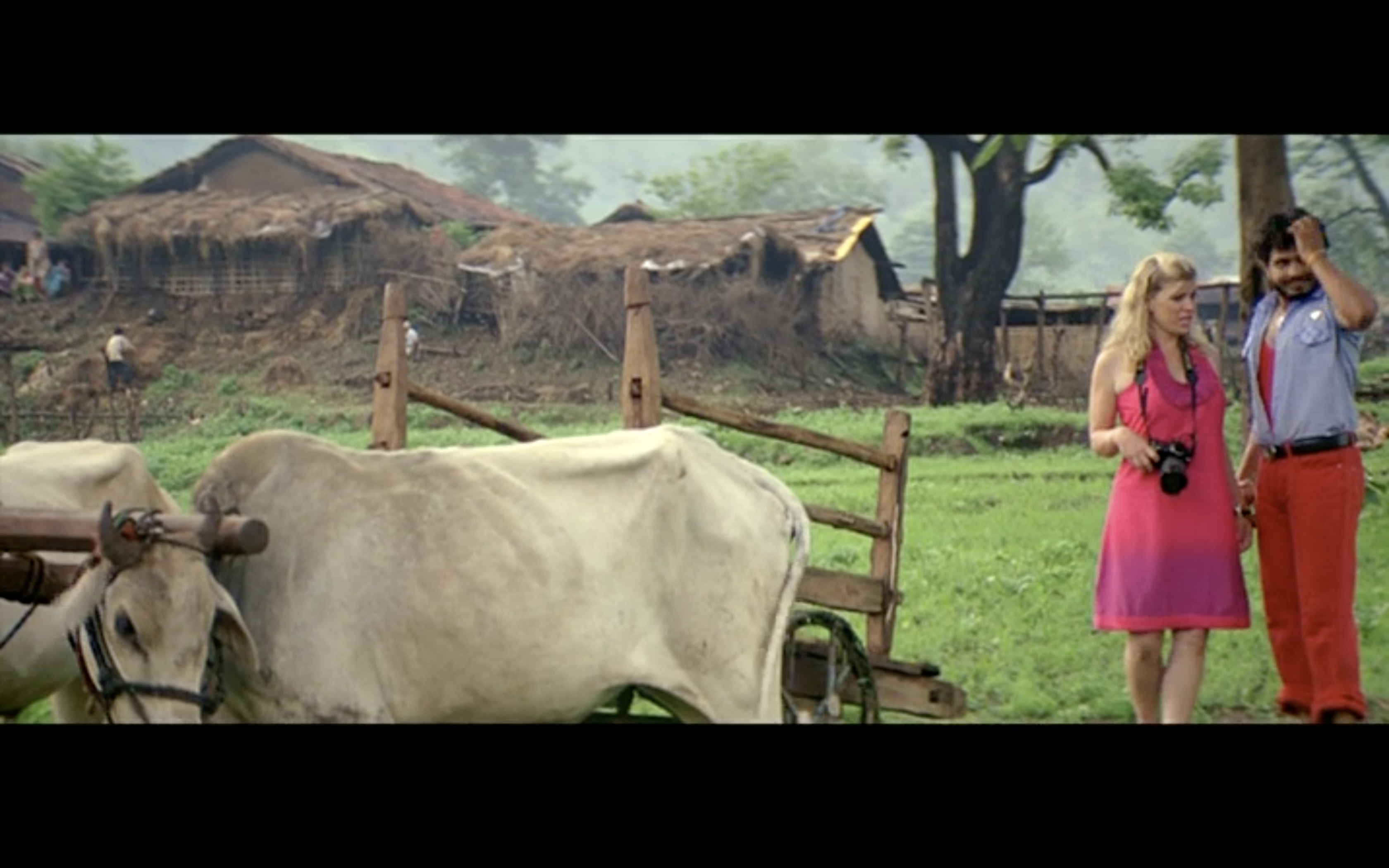
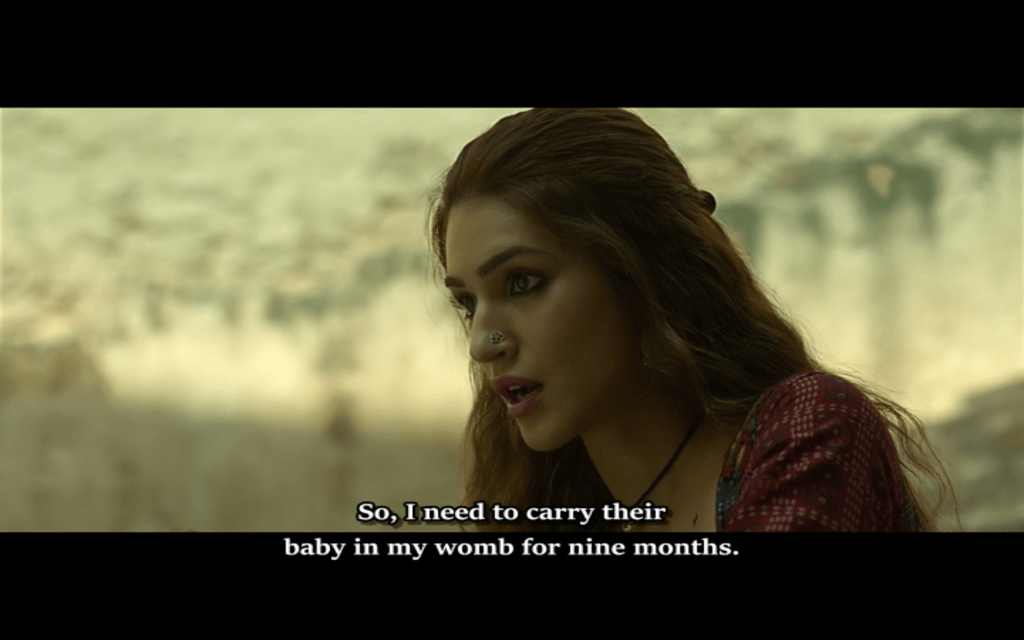

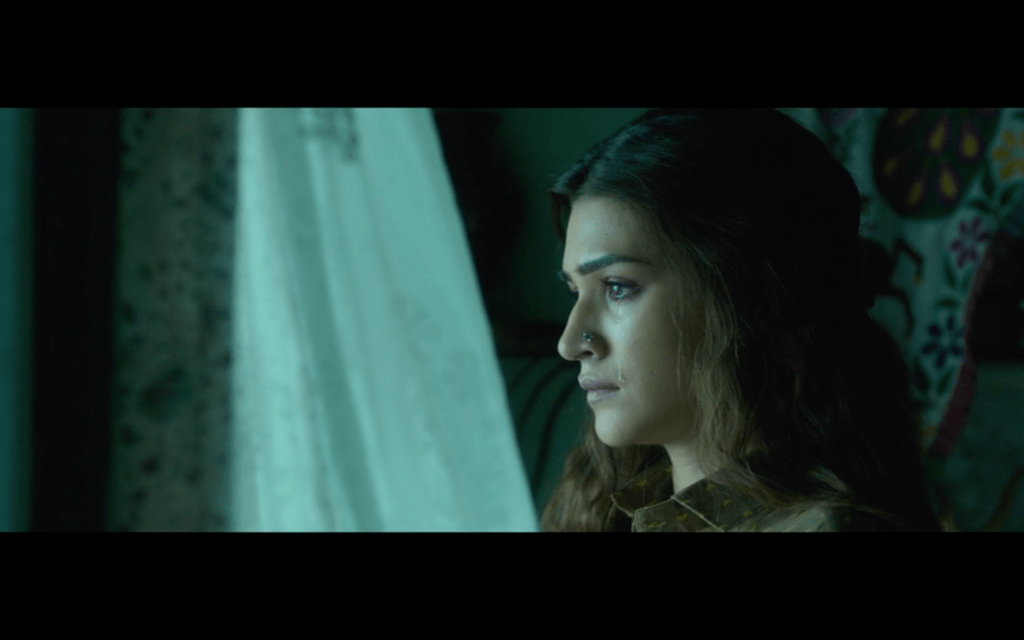

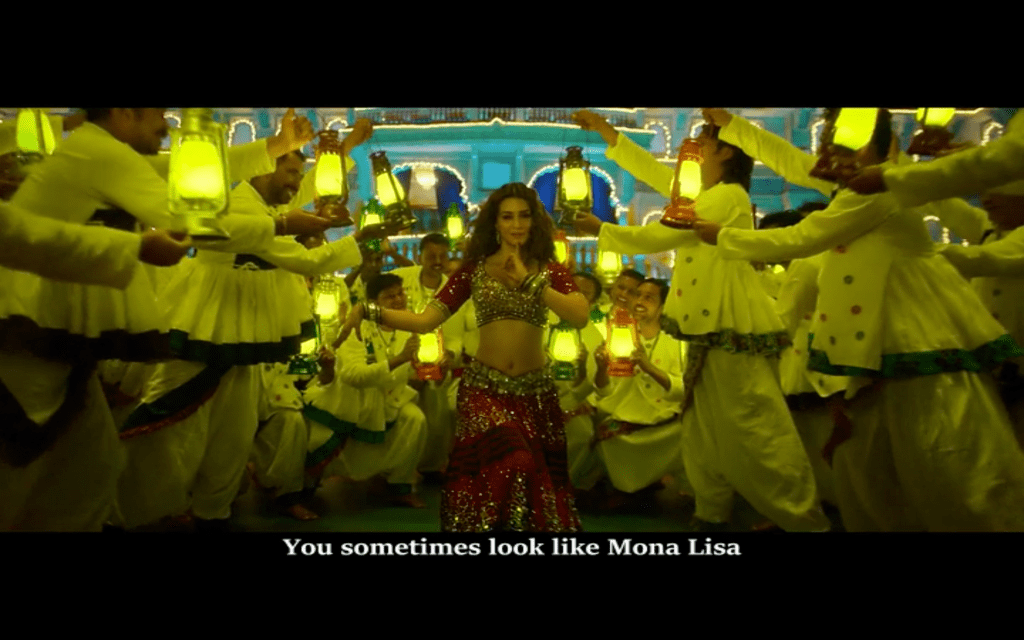

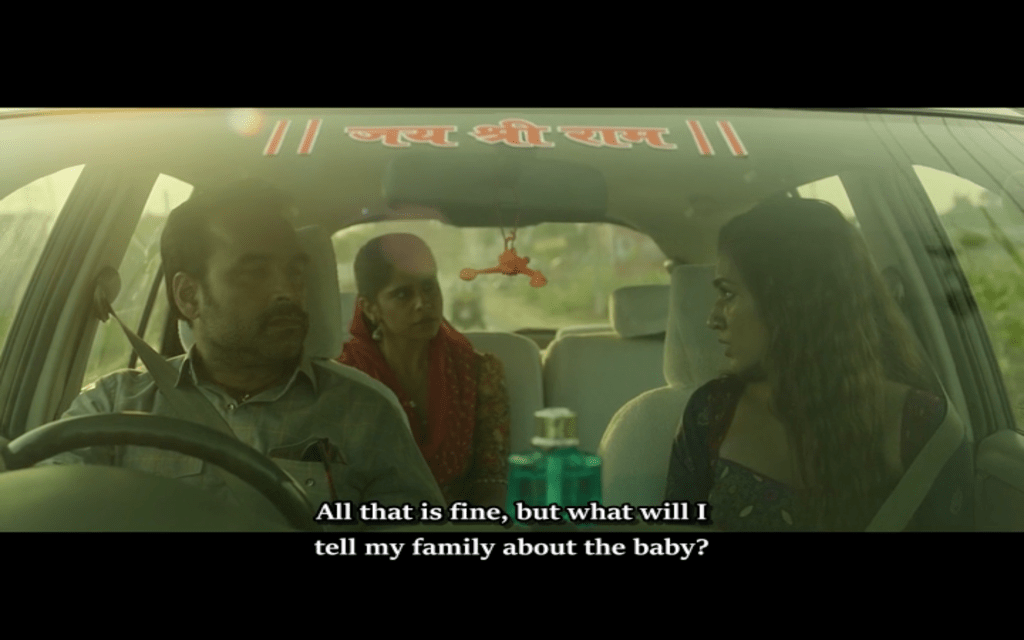
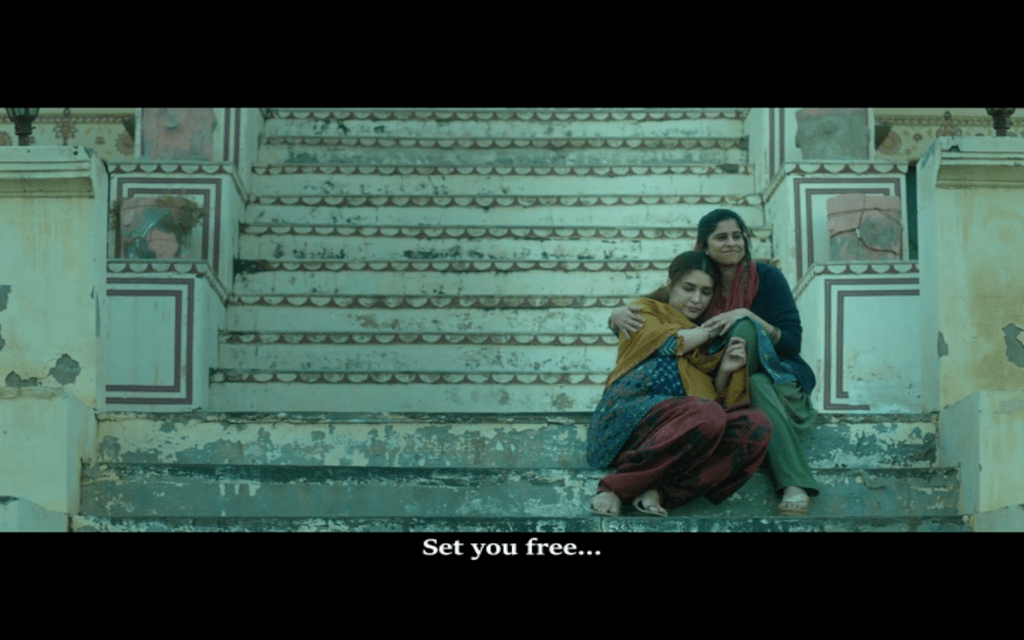


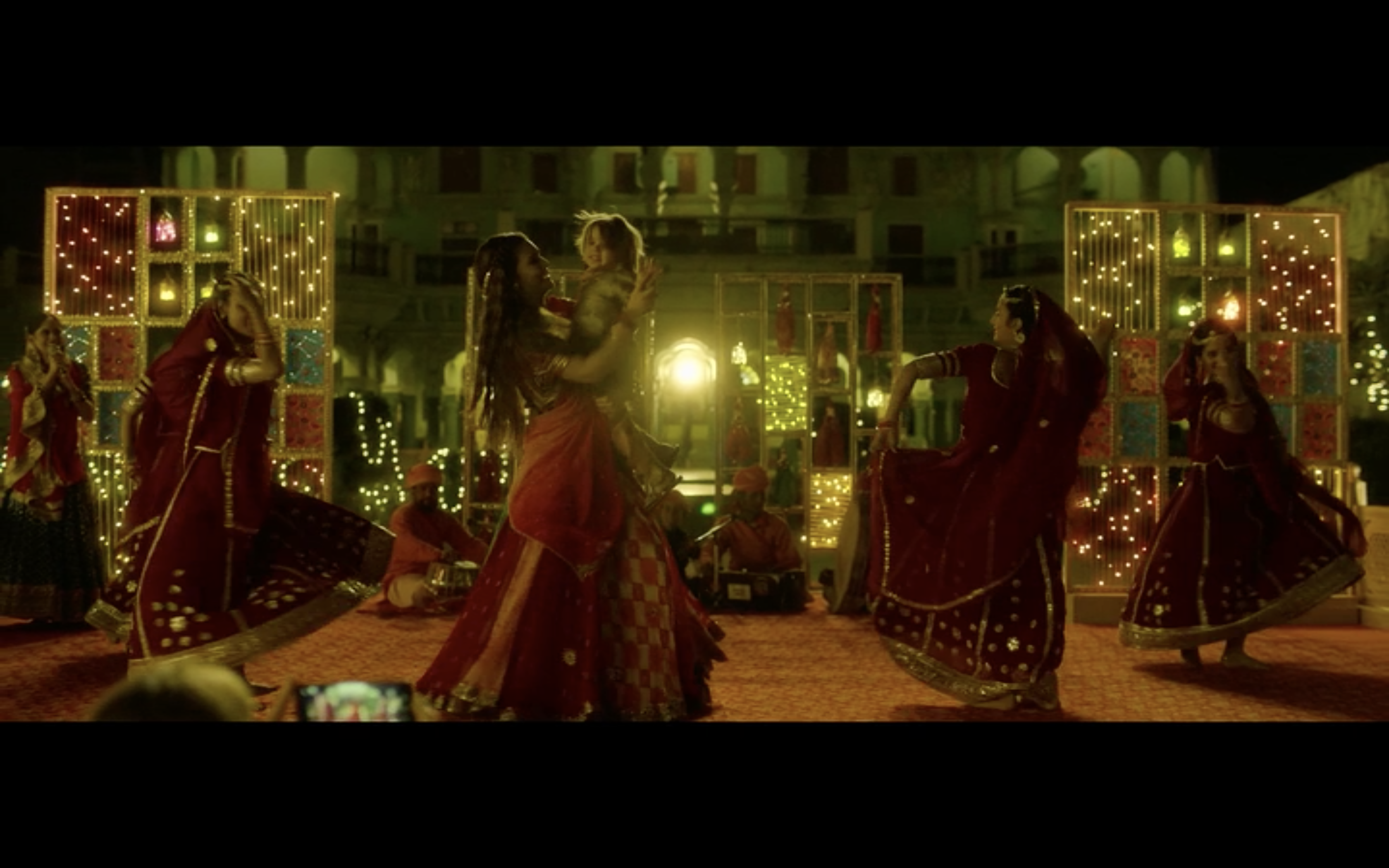
I think I like both movies. Mala Aai Vhhaychy is better, especially the abandonment was done better, but it also is a little outdated and the white actress is terrible. On the contrary Mimi is more modern, with better music, easier to watch. Unfortunately the ending is flat and forced.
LikeLike
Thanks Angie. I agree that Mimi is more up to date, but wish they could have kept more of the original story. So much of it didn’t work for me. Cheers, Heather
LikeLike
Some years ago I read of a Telugu film (I think its title was “Yasoda”), with the exact same story. I was eagerly waiting for it to release, but heard no more about it. Could the Marathi film be a remake of that Telugu original?
LikeLike
Hi mm,
Looking online there is a new Samantha film (releasing in a heap of languages) that is called Yasoda – that is purported to be a sci-fi thriller, so doesn’t seem to be related.
Wikipedia tells me that Mala Jai Vhhaychy was remade in Telugu in 2013 as ‘Welcome Obama’ with Urmila Kanitkar as Yashoda again. That version does seem to be available on streaming websites if you want to try and track it down.
MAV was released in 2011 so the Telugu version is definitely a remake 🙂
Cheers, Heather
LikeLike